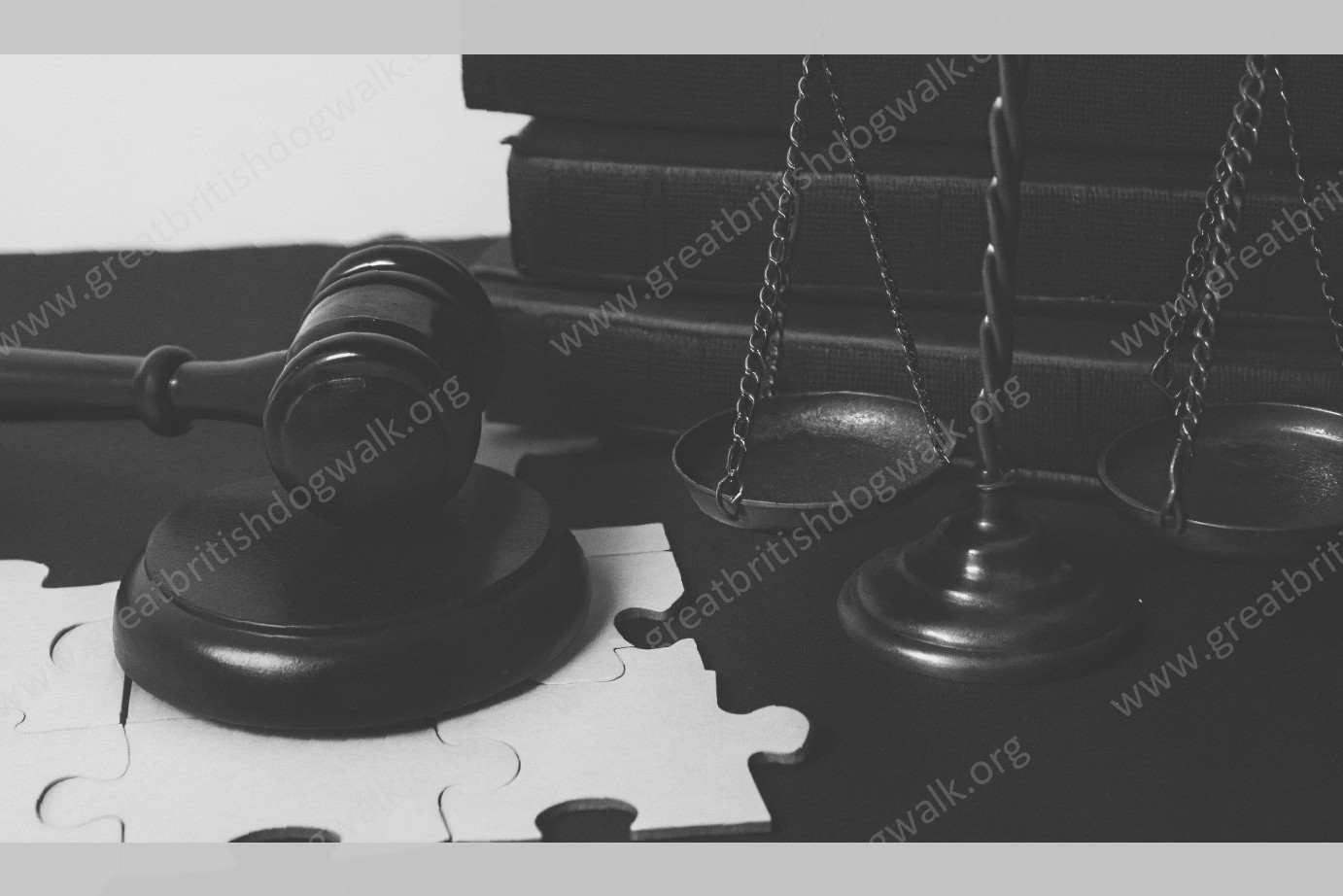Michigan Debt Collection: An Overview
The practice of debt collection in Michigan is governed by a complex web of laws, regulations and common law. In addition to federal laws like the Fair Debt Collection Practices Act ("FDCPA"), Michigan courts have developed its own common law on the subject. Michigan courts also recognize and enforce all rules and regulations established under the FDCPA. The collection process is further complicated in Michigan by the Michigan Occupational Code, which governs debt collector licensing and misconduct.
The Michigan Debt Collection Practices Act ("MDCPA") is codified under Michigan Compiled Law ("MCL") 445.851 et seq.. Operating similarly to the FDCPA , the MDCPA prohibits false or misleading conduct by debt collectors, including false threats and misrepresentations, to attempt to collect debts. Other unlawful practices prohibited by the MDCPA include criminal threats, harassment, and threatening physical harm. Additionally, the Michigan Department of Treasury is empowered with investigating and collecting certain debts owed to the State of Michigan for taxes and child support. Under MCL §800.905, attorneys can be assigned to collect these debts without the debtors consent, and without complying with the FDCPA.

Entitlements of Consumers in Michigan
The state of Michigan makes collection agencies follow all of the federal Fair Debt Collection Practices Act (FDCPA) laws. This means that consumers are protected from harassment or aggressive means of collecting the debt. Some states even impose additional obligations on creditors and collection agencies. For example, creditors may not harass their debtors in Michigan. These obligations also confer additional rights to consumers. If a creditor does something that is considered harassing, abusive, malicious or otherwise unfair, it becomes vulnerable to civil suits under Michigan law.
Michigan’s detailed laws are laid out in the Consumer Protection Act, and the Debt Collection Practices Act. However, at the federal level, The Fair Debt Collection Practices Act is the only debt collection law. This means that even though it’s not mentioned in Michigan’s laws, it’s still applicable.
In Michigan, consumers have the right to:
A creditor may not expose the individual to unwarranted public ridicule and they may not tell or discuss with others about the debt. These restrictions do not apply to credit bureaus who are allowed to provide the information. A creditor may not threaten to bring suit when it’s not intended to act on the threat. In some states, if the creditor has a bar association number, they may say they will go to court. However, Michigan debt collection laws do not protect consumers in this way. It doesn’t matter if the creditor has a bar association number or not, they may not use threats of legal action. Consumers have the right to choose a lawyer if the creditor continues to ignore the restrictions in the law.
Responsibilities of Debt Collectors
The Fair Debt Collection Practices Act (FDCPA) and Michigan debt collection law impose many obligations on debt collectors that are designed to ensure consumers are treated fairly throughout the debt collection process. Such obligations (and subsequent violations of same) often form the bases for Michigan collection harassment lawsuits.
For example, one FDCPA provision prohibits a collection agency from using certain abusive language or engaging in harassing behavior, such as the use of profane or obscene language. See 15 U.S.C. § 1692d(1). Likewise, Michigan collection harassment law prohibits a collector from using profane language, as outlined in MCL 445.252(m). Because the legal language and definitions in the FDCPA and Michigan law are similar on this point, violations can occur under both regulatory schemes simultaneously.
Michigan Debt Collection Statute of Limitations
The statute of limitations, as codified in Acts 313 and 314 of 1962, provides that the time for commencing an action against a debtor is six years for a contract founded on an instrument in writing, five years for a contract not founded on an instrument in writing, three years for an account settled, four years for an account stated, and six years for a contract that does not specify a period. The statutes today are MCL §§600.5807 (6), (8), (9), (10) and (11). The six-year statute of limitations applies to suits on judgments, false representation, and fraud and deceit. Suits pertaining to written promises, book accounts, payment of interest on promissory notes and verbal promises have a six-year statute of limitations. However, there is no statute of limitations on a domestic relations action , which is a distinctive exception to the general six-year statute of limitations on contract actions in Michigan. Personal or real actions involving the state of Michigan have a six-year statute of limitations. Finally, actions based on statutory liability may have a varying statute of limitations depending on the statute creating the liability. Although the statute of limitations is generally not an absolute bar to actions, if the statute of limitations has run on a debt, it is an affirmative defense that will absolve the action. An affirmative defense permits a defendant in a case to avoid liability even if the underlying facts are true. Examples of affirmative defenses are incapacity, contributory negligence, statute of limitations, waiver, and illegality.
How to File a Complaint
Michigan consumers have various options if a third-party debt collection agency violates the state and/or federal debt collection laws. The Michigan Division of Consumer and Industry Services accepts debt collection complaints from consumers. That division has jurisdiction over licensed debt collection agencies in Michigan and can impose fines, order restitution to consumers, and seek license revocation against debt collectors. Under the Michigan Occupational Code, financial institutions and "creditor’s rights attorneys" collecting consumer debts must also be licensed by the Michigan Division of Licensing and Regulatory Affairs. Consumers can file complaints against these types of debt collectors as well.
Creditors are also subject to the Michigan Debt Collection Practices Act. The Michigan AG has authority to investigate suspected violations by creditors. The Michigan AG also accepts complaints from consumers against creditors who collect their debts in a manner that violates the Act.
If a collection agency or creditor violates federal debt collection laws, the Federal Trade Commission (FTC) enforces these laws. In July 2013, the FTC announced the launch of a new online tool for consumers to report debt collection abuses that violate the Fair Debt Collection Practices Act (FDCPA). The FTC will use these complaints, which are submitted online at http://www.consumerfinance.gov/complaint/, to prioritize its direct enforcement actions against debt collectors with the most complaints. The FTC now accepts debt collection complaints via the Consumer Financial Protection Bureau (CFPB) website.
Working with Debt Collectors
Although Michigan has multiple laws protecting consumers, both state and federal, from harassment by debt collection agencies, many consumers are unaware of these laws. Therefore, they become victims to abusive, harassing and often times unlawful practices by debt collectors in Michigan. The following are practical tips for Michigan residents dealing with debt collection companies. Many of these tips also apply to Michigan residents dealing with creditors directly , before any account is turned over to a collection agency: You should not have to suffer through unlawful or harassing treatment while attempting to collect a just debt. Absent instances of fraud, dishonesty, threat, duress, coercion or extortion, a creditor cannot initiate a legal action to collect a debt if that action may be considered an abuse of process. In summary, a creditor may not sue on a suit, unless the suit is brought or participated in good faith for the sole purpose of pursuing the debt.


